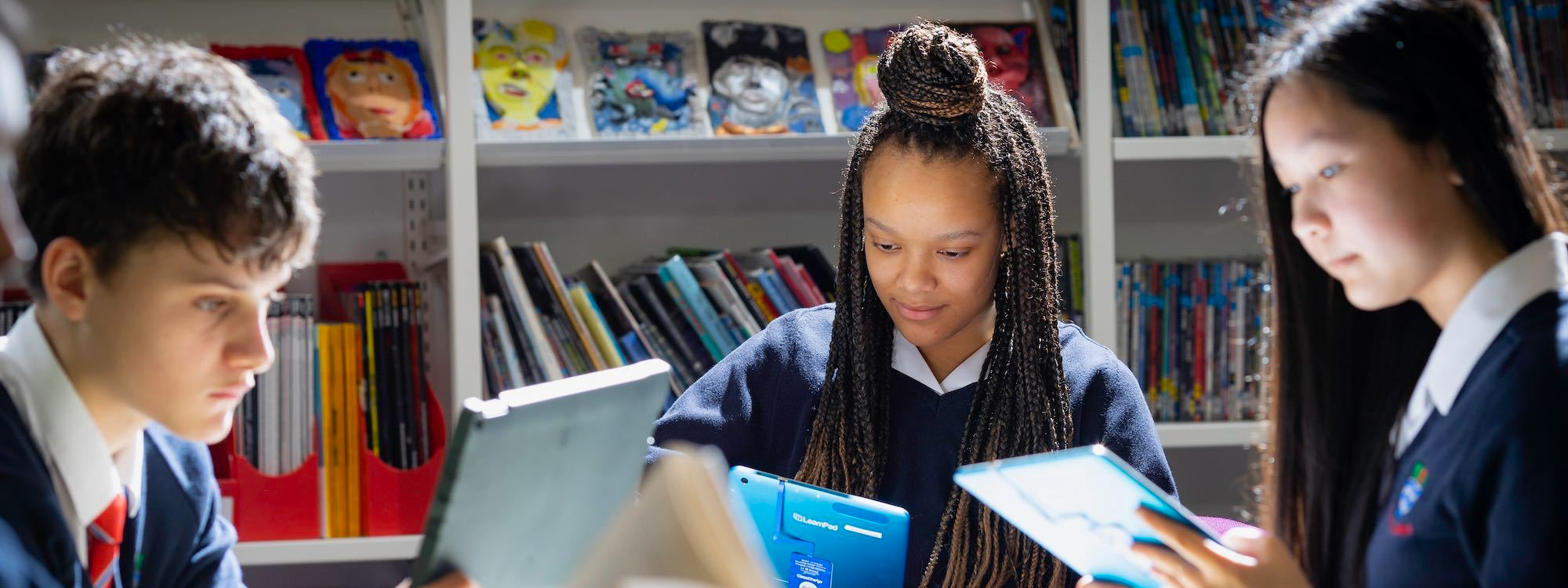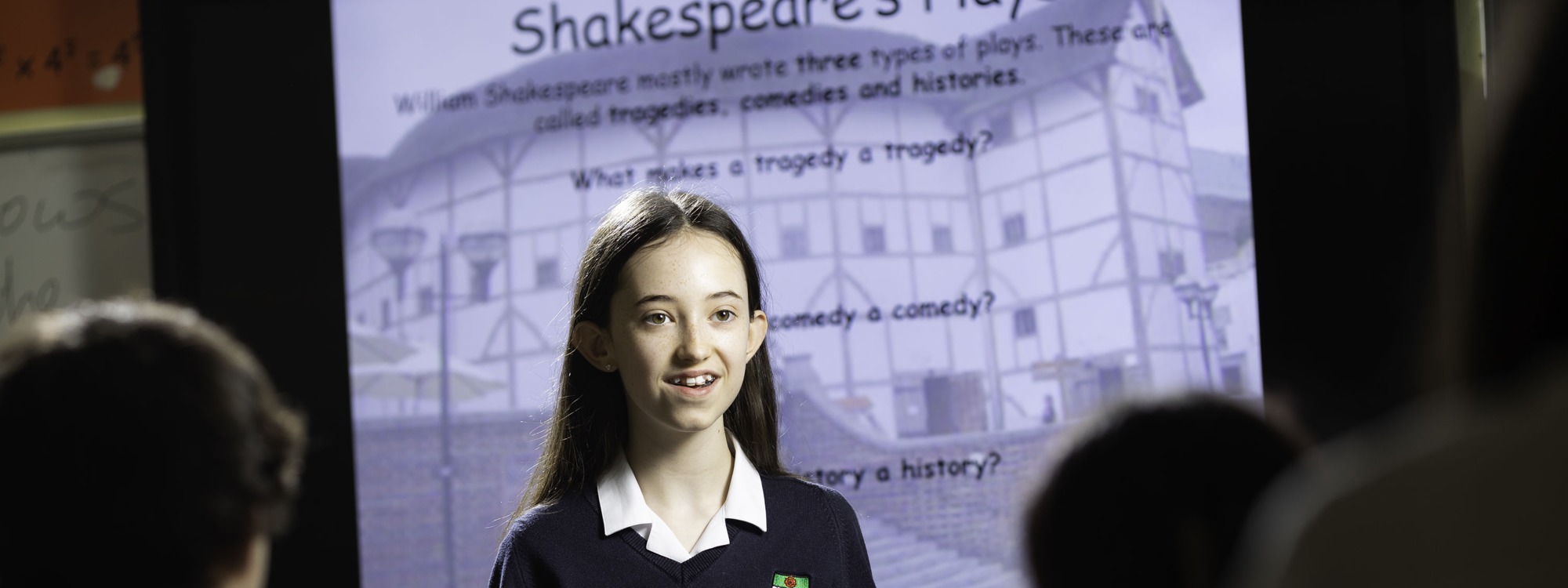English
At Court Moor we want our students to leave us understanding that English is a wide, and essential, part of their lives. We aim to not only improve their reading abilities and develop their vocabulary but also to expose them to a wide range of texts that will foster a love of the subject.
Studying English provides students with a variety of valuable skills and knowledge that can be transferred and used across different subject areas and in everyday life. For example,
- Writing for different audiences and purposes
- Being able to read and comprehend all texts, across all subjects
- Being a confident writer as well as challenge themselves to read widely to improve both their knowledge and their enjoyment
- Write with grammatical confidence
- Be able to articulate confidently in a range of situations
To contact the Curriculum Leader for English, please email: english@courtmoorschool.net
English Key Stage 3
Key Stage 3
In Key Stage 3 students are introduced to a range of texts that will not only encourage them to enjoy English but will also prepare them with vital knowledge and skills for the GCSE curriculum. We have selected both modern and classical texts and have tried to incorporate a range of themes that are relevant to their lives in the modern world, as well as understanding what the world was like during key moments in history. We also place some emphasis on speaking and presenting to the class to develop their spoken language skills and have a very rigorous reading focus across the whole of KS3 to ensure students’ reading abilities are advanced enough to cope with the demands of the GCSE.
We are also fortunate to offer Journalism, Classics and Creative Writing as part of the KS3 curriculum.
In Year 7, students study Journalism which looks at the language of journalism, both sensationalist and more serious, formal reporting. They also discuss the impacts on the media and look at both current news stories as well as events that have historical significance.
In Year 8, students have a lesson a week of Classics. This introduces them to key Greek mythological figures that tend to feature in literature, they look at the Iliad and explore how these classical stories and figures are relevant in today’s society.
In Year 9, students study creative writing. This is a fantastic opportunity for them to really learn how to write effectively before they embark on their GCSE studies. The main focus is on being able to write a short narrative and we use a wide range of stimuli to generate ideas to encourage students to be better writers.
English Key Stage 4
In Key Stage 4 students follow the EDUQAS GCSE Language and the AQA GCSE Literature specifications. Both of these specifications build on the knowledge that students have learnt in Key Stage 3. There are two EDUQAS language papers that focus on fiction and non-fiction reading and writing skills. There are two AQA literature papers that cover: poetry, Shakespeare, modern drama and pre-20th century literature. Both GCSEs are assessed by terminal exams. Students will receive two English GCSEs: English Language and English Literature.
Film Studies Key Stage 4
The WJEC Eduqas specification in GCSE Film Studies is designed to draw on learners' enthusiasm for film and introduce them to a wide variety of cinematic experiences through films which have been important in the development of film and film technology. Learners will develop their knowledge of US mainstream film by studying one film from the 1950s and one film from the later 70s and 80s, thus looking at two stages in Hollywood's development. In addition, they will be studying more recent films – a US independent film as well as films from Europe, the UK and South Africa.
Production is an important part of this specification and is integral to learners' study of film. Studying a diverse range of films from several different contexts is designed to give learners the opportunity to apply their knowledge and understanding of how films are constructed to their own filmmaking and screenwriting.
- Throughout the course students develop knowledge and understanding of:
- the ways in which meanings and responses are generated through film
- a contrasting, culturally diverse range of films from different national contexts
- film as an aesthetic medium
- how films reflect the social, cultural and political contexts in which they are made
- the relationship between film and film technology over time.
In addition, the specification aims to enable learners to apply their knowledge and understanding of film to filmmaking or screenwriting.


